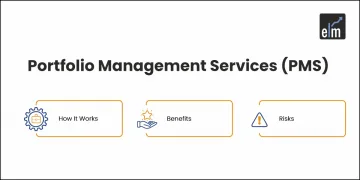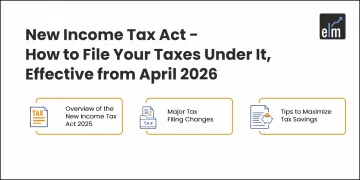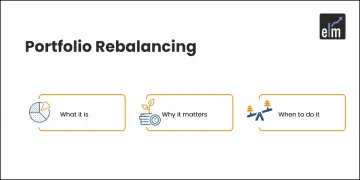Physical and mental well-being are essential, but financial health is equally important. Financial planning is the process which provides you a framework for achieving your life goals in a systematic and planned way by avoiding shocks and surprises.
In terms of handling finances, it is best to have a blueprint of your plans prepared at least a year in advance, so you are well-prepared for whatever the future holds for you. Here are 7 ways you can plan your finances this year:

1. Keep track of your monthly expenses!
The first rule of financial planning is keeping an eye on what you’re spending and how. It would help if you wrote down each and every cost — no matter how big or small.
- Are you getting a coffee from your favorite cafe on your way to work?
- Or buying a packet of chips from the grocery shop?
It would help if you wrote down these expenses too. This task will also help you provision for anticipated expenses and help you be mindful of unnecessary costs.
If you don’t like taking down these notes on paper, countless online tools can help you track your finances too.
2. Build a strong credit score!
Having a good credit score forms the cornerstone of having a sound financial life. A good credit score can help you qualify for a personal loan or get a credit card.
The credit score is an evaluation of your credit history, your reliability as a borrower, which would decide your eligibility for a loan in the present and future.
It’s a norm in the US and several European countries to look at one’s credit score for a host of services like renting a house, getting a loan and setting insurance coverage terms. This norm can become the new normal in India as well, and a good credit score can be beneficial here.
It is easy to keep up a good credit score — keep your credit card balance low and pay off your loans on time. It’s an essential part of your financial planning.
3. Set aside sufficient emergency funds!
Is this the part of your financial planning? An emergency fund will help you meet any unforeseen emergency, hospitalization bills, or income loss arising from unemployment. Without an adequate emergency fund in place, unexpected financial emergencies may bring a halt to your life. A financial emergency might mean you won’t be able to keep up with the existing loan repayment obligations, not make insurance payments, pay existing EMIs, or make monthly contributions to your financial goals or might have to sacrifice essential lifestyle expenses.
An emergency fund should be big enough to cover mandatory monthly expenses for at least six months.
4. Clear your debts!
If you have an overwhelmingly huge amount of debt, you might want to consider the debt consolidation approach, where you take a single personal loan to pay off your other expensive loans. Then you can repay the personal loan in affordable EMIs.
5. Open fixed deposit accounts.
One of the safest and easiest ways of investing your money is through fixed deposits. This is a great route for those who want to avoid taking risks with their money since fixed deposits have a fixed interest rate for the whole time period of the deposit and ups and downs of the market don’t affect its interest rate.
6. Invest in Systematic Investment Plans.
Mutual funds offer a systematic investment plan to investors who want to invest a fixed amount of money at predefined intervals in the selected mutual fund scheme. The fixed amount can be a very small sum, and the predefined intervals can range from a weekly to a quarterly basis.
SIP helps people invest without worrying about market fluctuations and helps investors benefit in the long-term because of the power of compounding. Do not forget to add it in your financial planning.
7. Have health insurance cover!
Don’t ignore a health insurance. A health insurance cover can help you in medical emergencies for you and your family. You might think it is useless to invest in a health insurance cover and pay a premium on it every now and then, but having the right health insurance cover can really help you in the long run.
Making investments — the right financial planning can help you secure your financial future. Another great way to deal with financial emergencies is by taking on a personal loan. This can range from anything from a long trip to planning your dream wedding.
Happy Investing!







